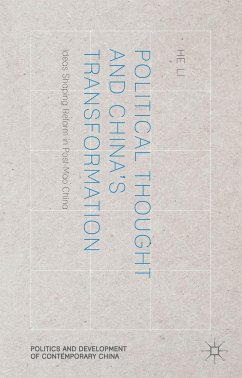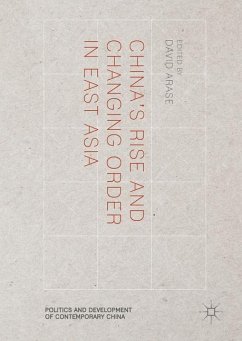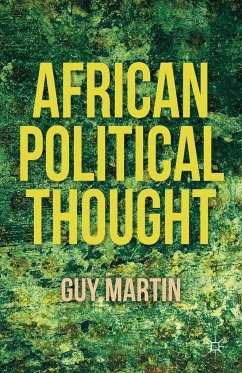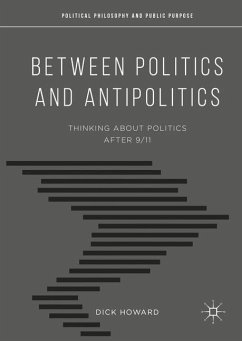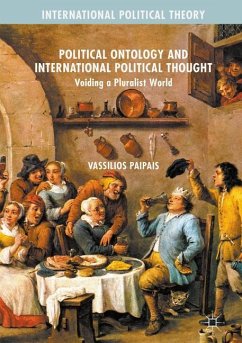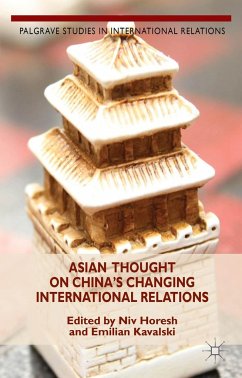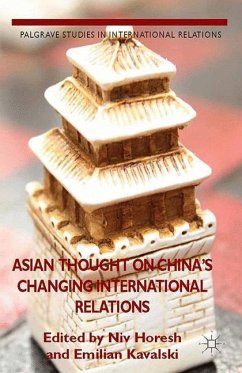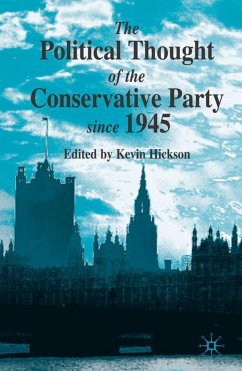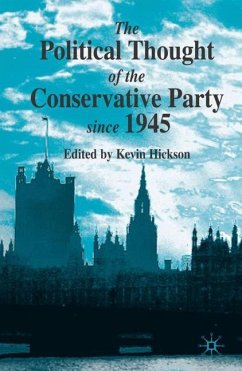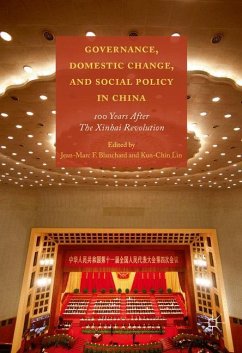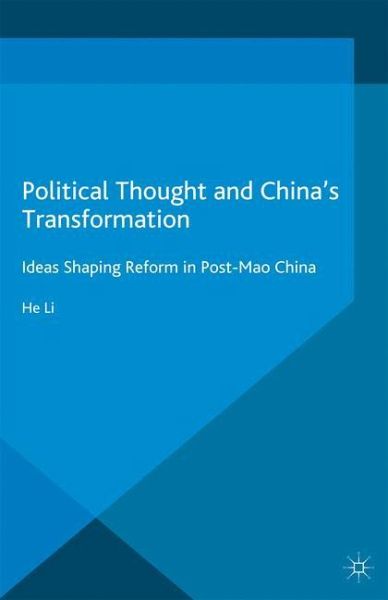
Political Thought and China's Transformation
Ideas Shaping Reform in Post-Mao China
Versandkostenfrei!
Versandfertig in 6-10 Tagen
38,99 €
inkl. MwSt.
Weitere Ausgaben:

PAYBACK Punkte
19 °P sammeln!
Since the late 1970s China has undergone a great transformation, during which time the country has witnessed an outpouring of competing schools of thought. This book analyzes the major schools of political thought redefining China's transformation and the role Chinese thinkers are playing in the post-Mao era.



